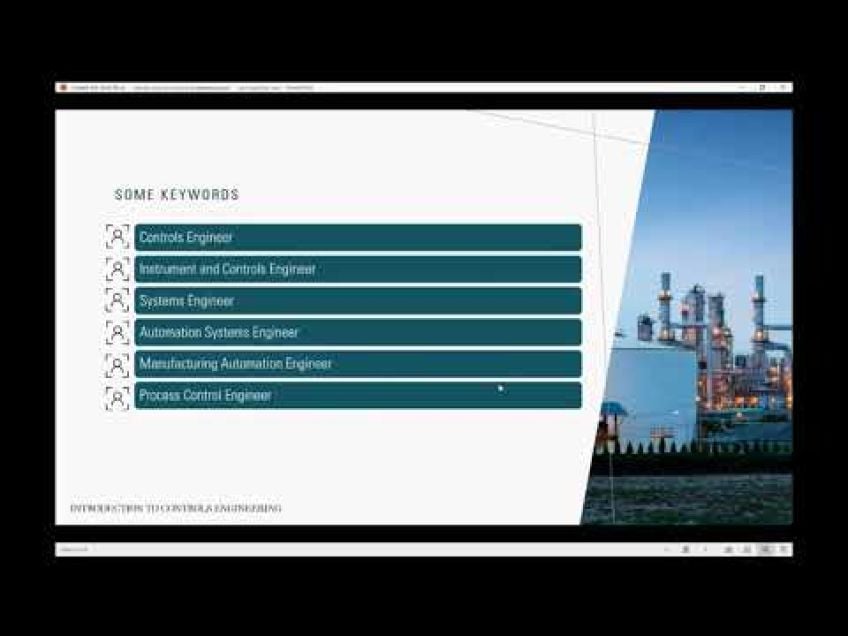- Career Path
- Automation Engineer
Automation Engineer
Career Path: Automation Engineer
As an Automation Engineer, you play a vital role in the development, implementation, and maintenance of automated systems and processes in various industries. Your expertise in creating and deploying automated solutions contributes to streamlining operations, increasing efficiency, and improving productivity for organizations.
Opportunities in Automation Engineering
Working as an Automation Engineer opens up diverse opportunities in fields such as software development, manufacturing, healthcare, and more. You may find positions in industries where automation is essential for optimizing production, quality control, and resource utilization. Moreover, the increasing demand for automation in technology-driven sectors provides a promising landscape for career growth and development.
Required Skills
To excel as an Automation Engineer, proficiency in programming languages such as Python, Java, or C++ is essential. Additionally, having a strong grasp of software development methodologies, knowledge of industrial automation tools, and experience with testing and debugging processes are valuable assets. Furthermore, problem-solving skills, attention to detail, and the ability to collaborate with diverse teams are vital for success in this career path.
Embarking on the path of an Automation Engineer provides opportunities to leverage technical expertise, creativity, and innovation in driving positive impact across industries. With the foundational skills and a growth mindset, professionals can thrive in this dynamic field and contribute significantly to the advancement of automation technologies.



